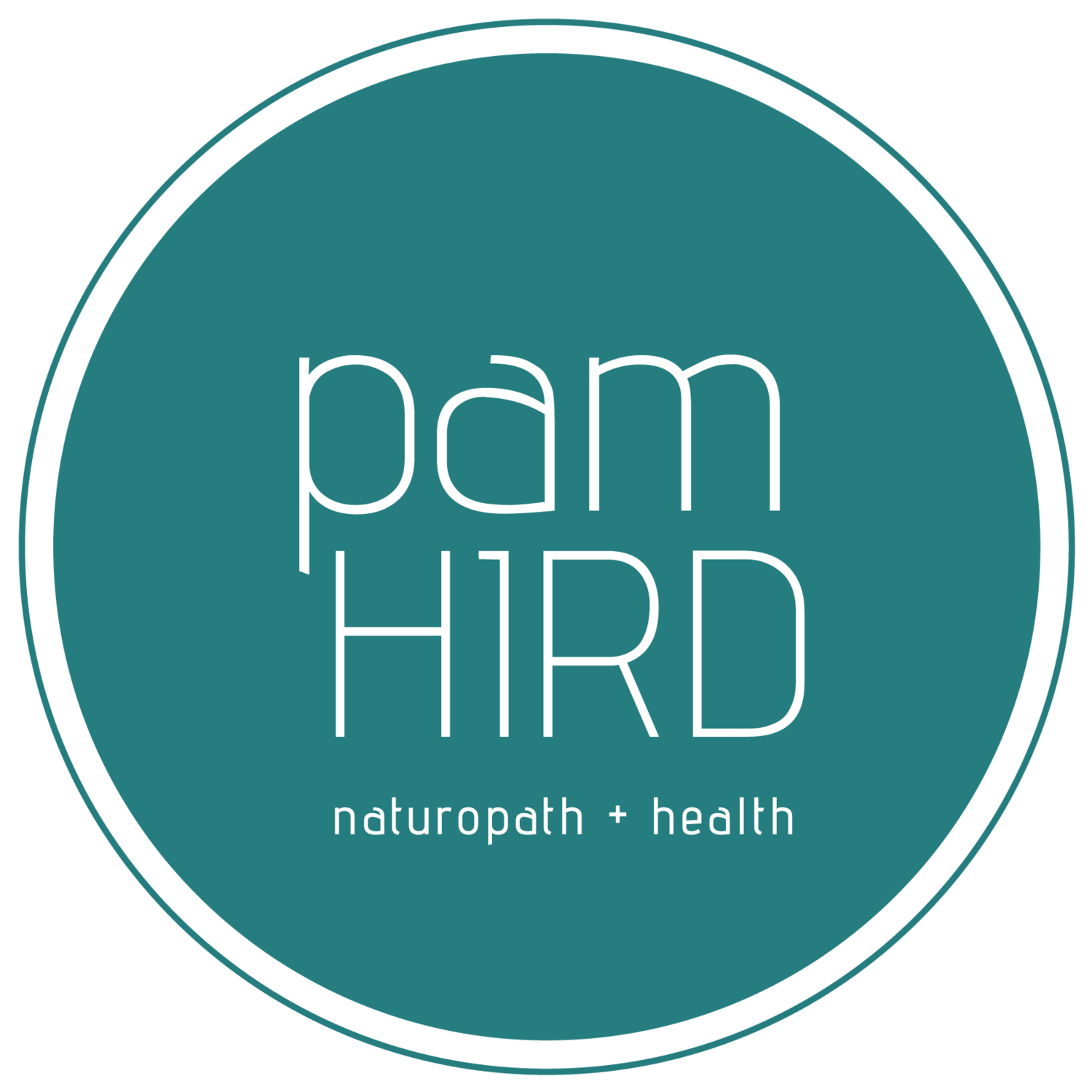15 Ways to Help Insomnia Naturally
Sleep; the one thing as a mum that I can never get enough of!
Whether the kids are waking me up during the night, or I’m worried about something, or I’m busy getting ready for the next day, some mornings I just want to stay in bed!
While one or two sleepless nights can cause irritability, decreased energy, and maybe even increased caffeine intake through the day (occasionally guilty!), most people can adapt to short-term sleep deprivation.
However chronic, inadequate sleep may compromise many areas of your life including, work, relationships, or health conditions.
What is Insomnia?
Insomnia is the persistent difficulty or inability to fall and/or stay asleep, which may be a symptom of an underlying health condition.
Normal sleep consists of two main states: rapid eye movement (REM), and non-rapid eye movement (non REM).
REM is often associated with dreaming, whereas non REM is when your body bolsters your immune system and repairs and rebuilds our body.
Stages of Sleep
To get a better understanding of ways to help insomnia naturally, let’s break down the stages of sleep even further.
A note: these phases last for different durations throughout the night and at various ages. An infant’s sleep cycle differs from an adult’s.
Stage 1: This is the lightest sleep stage when you drift in and out of sleep and can easily be woken up.
Stage 2: During this stage, your body prepares to go into a deep sleep, your body temperature decreases, your heart rate slows and muscle activity decreases.
Stage 3 & 4: During these stages, it becomes more difficult to wake up as you have now entered the deep sleep phase where your brain waves slow down.
REM: In this stage, your breathing becomes more rapid, your heart rate speeds up, your eyes jerk rapidly and your brain becomes more active, processing your day.
What Causes Insomnia?
There are many different causes of insomnia. Throughout my years of experience in help clients to improve their sleep cycles, the following causes seem to be the most common:
Poor sleeping habits or sleeping environment
Stress, anxiety, or depression
Pain or discomfort especially in conditions such as arthritis
Restless legs
Overuse of stimulants such as caffeine
Food sensitivities
Menopause
Endocrine problems such as Hyperthyroidism
Allergies and/or sinus
Some medications
Gastrointestinal problems such as reflux
Screen addiction
How to Help Insomnia
The first course of action I would recommend is to determine if there is an underlying medical condition that is contributing to your insomnia. This can be a discussion you have with your GP.
If this rules out any underlying conditions, then to help insomnia naturally, you can also make modifications to your diet and lifestyle.
A naturopath can help you take a holistic view at your lifestyle, diet, and overall wellness to find a way to help insomnia.
Here are 15 ways to Help Insomnia Naturally through Lifestyle and Diet Changes
Go to bed and wake up at the same time, including on weekends. This will help train your biological clock.
Avoid napping during the day.
Exercise regularly however not just before bed as this may lead to lack of sleep!
Have a comfortable bed and pillows.
Make your bedroom a comfortable temperature.
Block out distracting noises (sometimes difficult when you have children!).
Practice relaxation techniques such as meditation and mindfulness.
Reduce stress and avoid anxiety-provoking activities before bed such as an argument!
Take a hot bath with Epsom salts. Raising your body temperature will help induce sleep and the Epsom salts (which are magnesium sulphate) will help relax muscles and reduce tension.
Avoid reading or watching stimulating shows before bed.
Avoid caffeine 4-6 hours prior to bed. People particularly sensitive to caffeine may need to avoid for longer.
Avoid alcohol, spicy foods and sugar 4-6 hours before bed.
Avoid eating a heavy meal before bed. Ideally, leave a 3-hour gap between eating and bedtime.
Drink herbal tea such as valerian root, lemon balm or passionflower to support relaxation and sleep.
Eat a diet rich in magnesium, studies have found that magnesium can help promote a good nights sleep. Magnesium-rich foods include nuts, seeds, spinach, banana, dark chocolate, blackberries, raspberries and passionfruit.
Reach out to Discuss More Ways to Help Insomnia Naturally
If you're having trouble with your sleep and would like more guidance and support to help you get a good nights sleep, feel free to BOOK YOUR FREE 10 MINUTE DISCOVERY CALL HERE to chat about how I can help you.
Pam helps women and men prioritise their health and wellbeing. As a Naturopath, nutritionist and personal trainer she helps them take control of their mental health and various health conditions through natural medicine and healthy lifestyle changes. She gives realistic ways to help create a happier and healthier life.
When she isn’t running her business, you can find her on the hockey field or creating some delicious food for her husband and kids.

